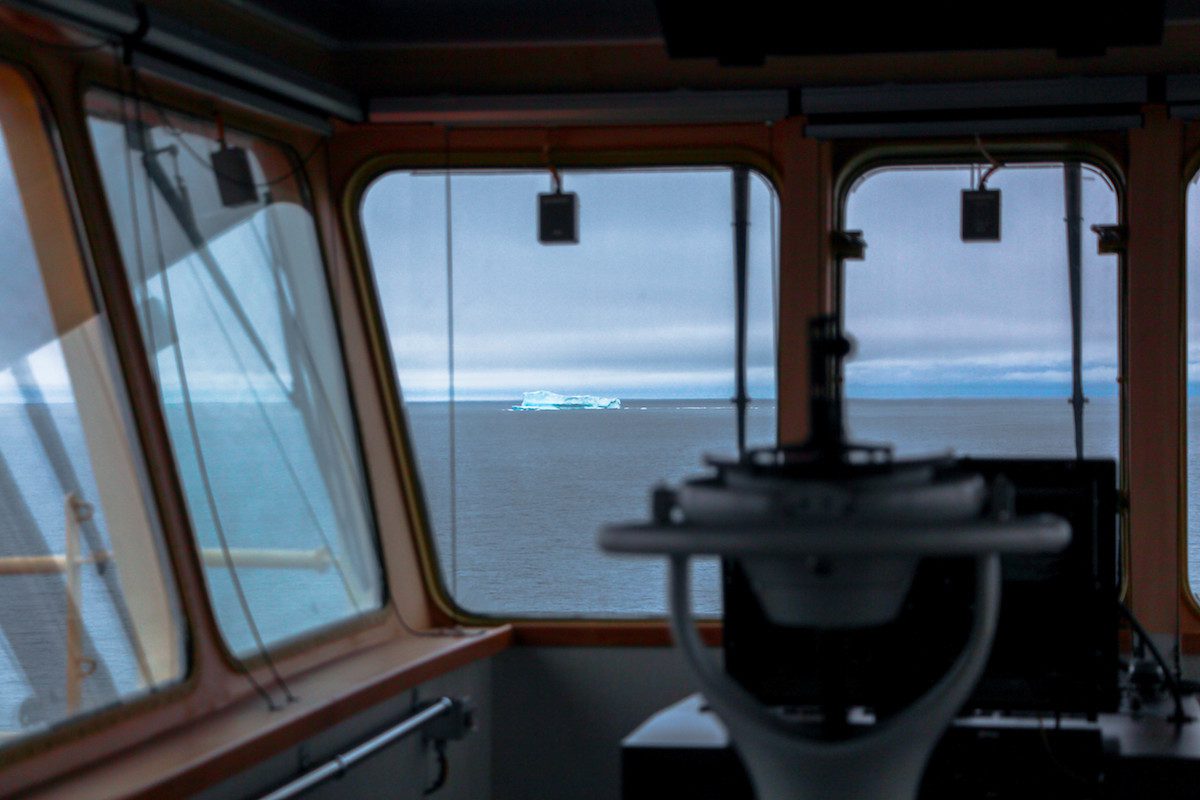search the site
MSC Warns Against Arctic Shipping Amid Debate Over Suez Canal’s Closure – gCaptain

The Maersk containership Venta Maersk transits the Northern Sea Route on a one-off trial run of the Arctic route in September 2018. File Photo: Maersk
MSC Warns Against Arctic Shipping Amid Debate Over Suez Canal’s Closure
Mike Schuler April 1, 2021
Related News
- Longest Arctic Shipping Season Tops Off a Year of Climate DisastersDecember 13, 2020
- Ships Make Record Number of Sailings Through Arctic in 2020December 9, 2020
- Russia to Build Far East Metal Plant to Supply Arctic ShipbuildingNovember 25, 2020
- How Do You Insure Ships In The Arctic?October 27, 2020
- International Lenders Back $9.5 Billion Financing for Russia’s Arctic LNG 2September 18, 2020
Swiss shipping line MSC Mediterranean Shipping Company says it is doubling down on its commitment to avoid sending ships through the Arctic as some debate the need for alternative trade routes to the Suez Canal following the Ever Given grounding.
Company President Diego Aponte first made the pledge in 2019, promising that the company would not use the Northern Sea Route for shipping between Asia and Europe over environmental concerns, joining rivals CMA CGM, Hapag-Lloyd and others in making the pledge.
Now MSC’s new CEO, Soren Toft, a former Maersk executive who joined the company in December, is now reaffirming the company’s commitment to avoid the famed and increasingly accessible Arctic route, including Northeast and Northwest Passages.
The company says an expansion of Arctic shipping could increase emissions of so-called “black carbon”, which are physical particles of unburned carbon that can settle on land and ice and accelerate shrinking Arctic sea ice. It also cited navigational risks, which can result in fuel spills, air quality issues, and negatively impact marine biodiversity.
“As a responsible company, this was an obvious decision for us,” commented Toft. “MSC will not seek to cut through the melting ice of the Arctic to find a new route for commercial shipping and I consider this a position the whole shipping industry must adopt. Some of our peers have already made the same commitment to put the preservation of the Arctic environment ahead of profits. The Northern Sea Route is neither a quick fix for the current market challenges, nor a viable long-term strategy.”
Instead of seeking the shortest route for shipping through the Arctic, MSC said it will instead focus on reducing CO2 emissions through deploying bigger and more eco-friendly 24,000 TEU ships and look to new fuels and technologies to achieve a zero-carbon future.
MSC is now urging that that environmental concerns should not be overlooked amid the current debate over the impact of the COVID pandemic and impacts from the Suez Canal’s closure on supply chains, warning that “Arctic route exploitation is an unwarranted step in the wrong direction.”
“Attempting to open new navigation routes which skim the polar ice cap sounds like the ignorant ambition of an 18th century explorer, when today we know that this would pose further risks to humans and many other species in that region, as well as worsen the impact of shipping upon climate change,” said Bud Darr, Executive Vice President Maritime Policy & Government Affairs at MSC Group.
“MSC supports the decarbonisation targets of the UN International Maritime Organization, including complete decarbonization of shipping, and sees no overall merit in using this potential trade route. The risks and impacts outweigh the benefits of the shorter transits. There are no shortcuts toward genuine decarbonization of shipping and this is a shortcut that should definitely be avoided,” Darr added.
Shipping in Arctic has been growing steadily in recent years primarily driven by Russian exports from its northern Siberia fields. In terms of container shipping, however, as of now there seems to be little interest from the sector.
In September 2018, Maersk did send one of its new Baltic feeder vessels on a one-off passage of the Northern Sea Route on its maiden voyage from Asia to Northern Europe. Despite the success of the voyage, Maersk underscored that the passage was a one-off trial designed to gain operational experience in to region and to test vessel systems.
Unrelated to the Arctic, shipping sources are now indicating that there is now growing pressure for the Suez Canal to move quickly to upgrade its technical infrastructure in order avoid future shipping disruption after the Ever Given grounding threw international supply chains into disarray, forcing many ships to re-route around Africa.




















